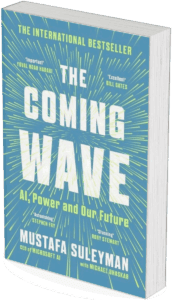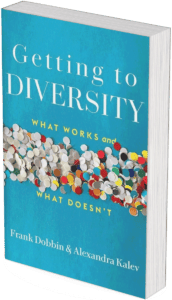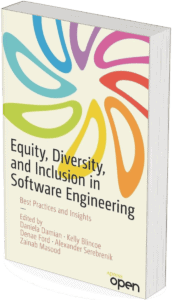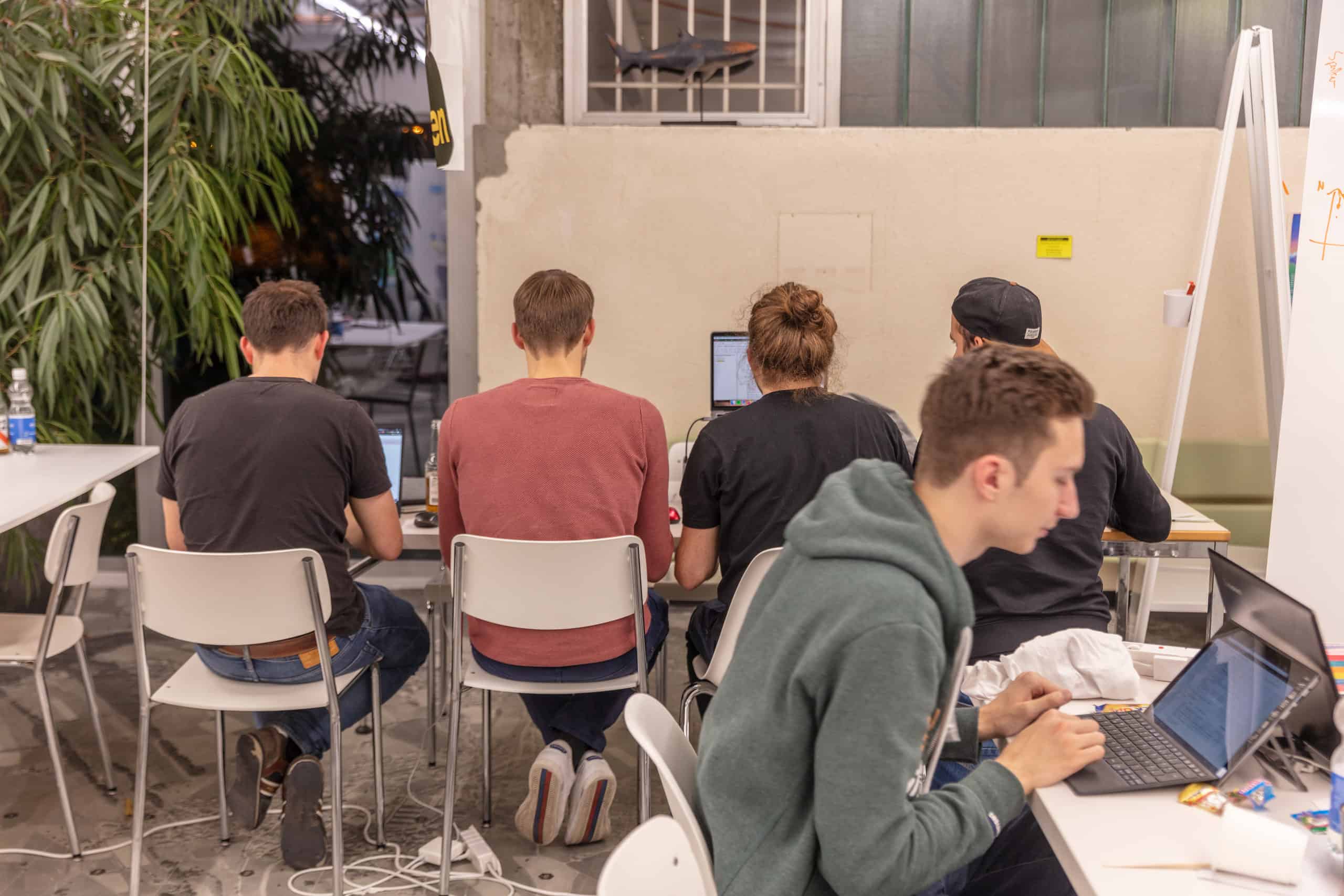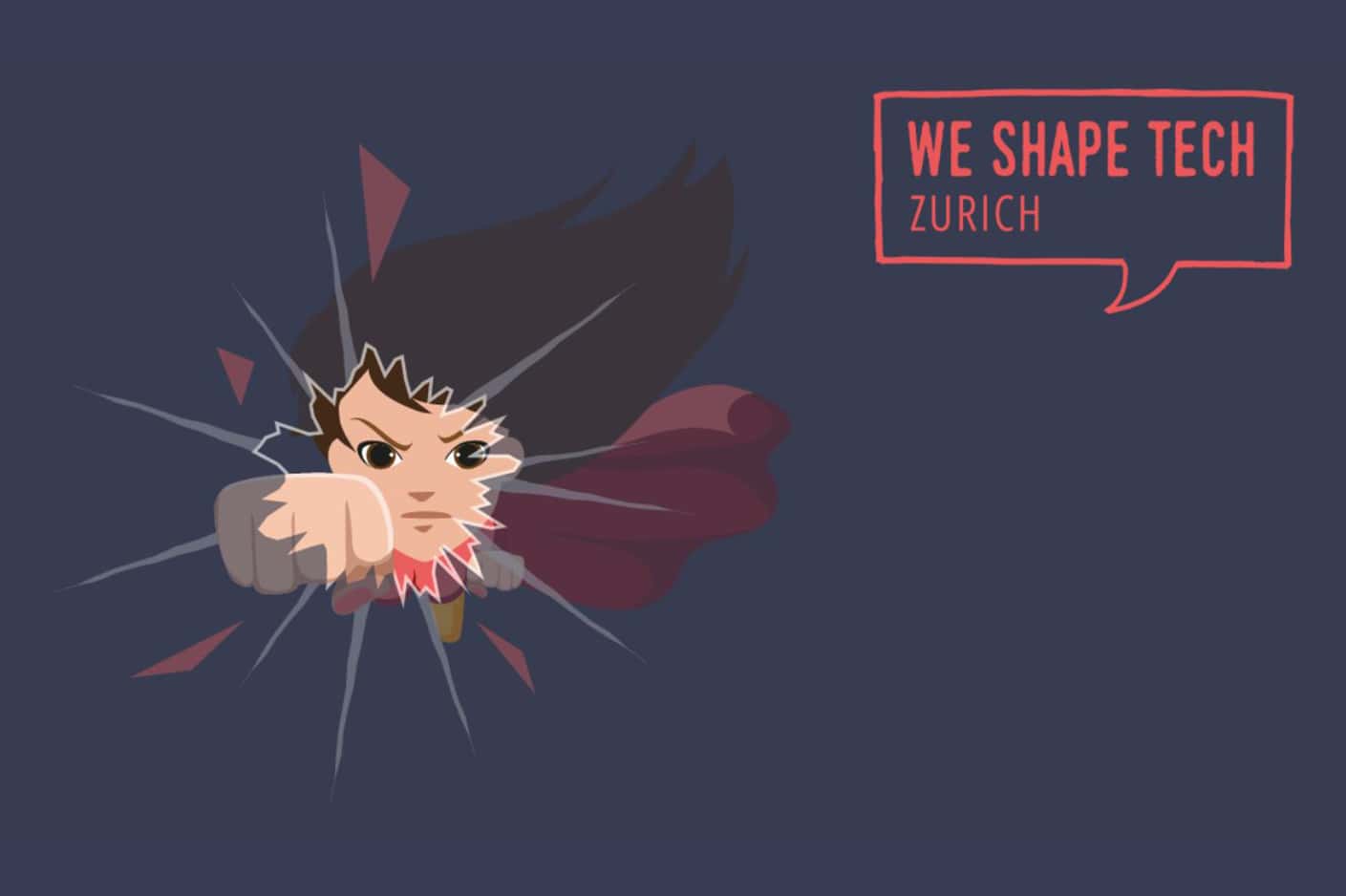Every month we ask one individual in our network a few questions about their way into tech, their motivation and their lessons learned.
Let’s start from the beginning. Tell us about where you’re from!
I am Polish but grew up in Munich, Cologne and Warsaw before moving to London aged 16 where I stayed for almost two decades. Now I live in Zurich.
I started my career on the Goldman Sachs trading floor in London doing equity trading in the derivatives space. I then went on to co-found a mobile payments platform followed by a stint in VC and as an angel investor. Since then, I have built the enterprise division for Improbable, supporting the business in its $600m fundraise and hypergrowth from 20 to 400 employees. Before joining Redalpine, I set up US operations for a Swiss multi-million dollar robotics software company. I graduated from King’s College London with a law degree.
Follow-up: You have been a founder yourself – tell us more about it! After having founded your own startup you then scaled a small team (to over – was it 400? – people if I remember correctly) – can you share your learnings: how do you scale a team? What skills or mindsets are important at the different stages? What did you wish someone told you back then?
When scaling and growing teams at such a fast pace one has to keep a few things in mind:
Grow the support teams in line with the growth within other teams (HR, Ops, Finance, IT support) as they will have to deal with a much higher workload the more people need to be on-boarded and looked after.
Do not compromise on the quality of your hires – maintain a high bar in your interview process not bending under the pressure of quotas – it will take you much more time and effort to rectify a bad hire.
Have a ‘well oiled’ interview process with a transparent feedback loop amongst the interviewers (we used to have a 15min debrief with the entire interviewing team to make the final go/no-go decision).
Be clear and transparent about what it is that you are looking for in candidates and what the interviewers should be looking for/how to interview to get the most out of a candidate – guidelines with example questions and a list of things to look out for is a good starting point.
Make sure you pay attention in your hiring pipeline to not a) overhire or b) hire the wrong kind of people. As the teams grow you need to either promote within the organisation or bring in external middle management to maintain transparent internal communication.
Pay attention to on-boarding and to maintaining your company culture despite the intense growth.
Have a clear career progression structure in place.
Follow-up: Later on you switched sides and entered the VC world? What was the reason for that move? Were there any things that you changed in the way you approach startups exactly because you were a founder yourself?
I wanted to have exposure to different ideas, business models and technologies and no longer be married to just one vision. Having done that for almost 8 years with different companies I was ready to implement my learnings across a diverse range of start-ups. Having said that, I do still catch myself vicariously living through the founders that I work with.
I would like to think that I have a very pragmatic/practical approach to problem solving within start ups as I have gone through a lot of the same pain points myself in the past. I think it has given me the advantage of empathy for what entrepreneurs are dealing with.
Follow-up: What are three tips that founders should follow to get the attention of a VC?
1
Know how to sell your vision or solution eloquently, clearly and briefly (especially if you are selling complex tech – learn how to explain it in layman terms).
2
Convey enthusiasm and conviction around your idea.
3
Think big but stay realistic about the steps to get there.
I talk about this a little bit in my Swisspreneur Podcast:
What valuable advice did you get from your parents or the people closest to you during childhood?
Slow down, make time for reflection and introspection.
How did you become interested in tech?
When I worked on the Trading Floor, towards the end of my time there I was tasked with bringing to market a new online trading platform. It was probably the most entrepreneurial thing you could do in an otherwise highly regulated industry. I was intimately involved with go-to-market strategy, product development and stakeholder management across very diverse teams ranging from legal through to quants and Partners.
I really enjoyed that and also liked the idea of enabling our customers with a tech product that would allow them to trade in their own time, give them access to a product they would otherwise not have and also provide them with some sophisticated and detailed trade analytics. I thought that it was brilliant and I wanted to explore that world further.
What aspects of your work are you proudest of?
When I can tangibly add value to our portfolio companies.
What drives you at work?
Curiosity and the ability to meet the need of continuous learning within my role.
Together with Jennifer Web from Capitalex you offer free Female Founder Office Hours? Why do you think this is necessary?
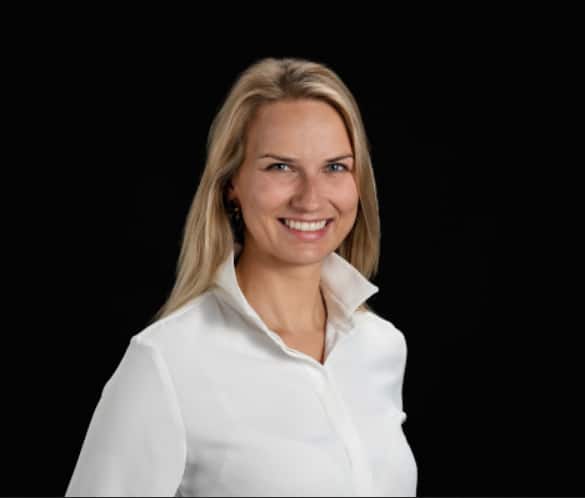
I also believe that there is not enough diversity within the tech world and even less within tech start-ups that are VC funded. In Europe only 8% of all VC investment flows into start-ups founded by women for example. In the 2020 State of European Tech Report only 2% of all founder respondents self-identified as Black/African/Caribbean, and none of those respondents raised external capital.
There are undoubtedly many reasons for this state of affairs but one of them is access to the right network and confidence. With our Office Hours we are trying to give honest and impartial feedback, hopefully with that giving people access to expertise that they would otherwise struggle to get access to. Sometimes, it’s just about giving someone the extra confidence to start raising an institutional round and that already I would consider a success.
Follow-up: what are other measures we can all take to get more diversity into the startup world?
Unfortunately there is no magic “thing” that would solve the problem overnight but here a few ideas for start-ups:
Ask yourself how you position your company and brand when you are advertising to potential candidates – would that be attractive to underrepresented groups? Are the words you use suggestive in some way? Do you have role models within your company that potential candidates with diverse backgrounds could identify with?
Do you provide the structure and processes to make unbiased decisions about new hires?
Do you have policies in place that would give a woman more certainty around her long-term plans and how to consolidate that with her career i.e. maternity leave
Challenge yourself – are you, as a leader, creating a glass ceiling? This can be very subtle but still have an impact on whether minorities in your company feel empowered – here a great example is the piece that was written by a former tech executive and she also stipulates some very practical steps that can be taken to improve the situation.
For everyone else on an individual level, I think we have to keep challenging ourselves and our subconscious biases and call out any behaviour or attitude that would defeat this purpose. Being different makes the world around us more interesting and it should be celebrated rather than undermined.
What has been your toughest challenge you faced while working in tech and what did you learn from it?
I mostly had commercial roles when working in tech but it was essential that I understand the tech and data science behind what I am selling. For someone with zero tech background this was very challenging. I learned that it’s ok to not know everything as long as you ask and learn and I was incredibly lucky to work with really intelligent people who had the patience to explain everything to me in really basic terms, which btw is also quite the skill – translate complex ideas into easy language.
Is there anything you wish you had known earlier or would advise your younger self?
To not worry that much. Everything will eventually fall into place, and life is a journey with a winded road, otherwise it would be boring.
What advice would you give other women in tech?
Do not be afraid to ‘sit at the table’.
Are there any books, podcasts or other resources that you enjoy or recommend?
Lots of diverse books that I have loved reading! Here’s a small selection:
- Ayn Rands Fountainhead mesmerised me with its writing.
- Chaos Monkeys I found extremely entertaining and it follows a similar career path that I went through – some people may not want to admit it but there is a lot of truth to what Antonio Martinez is writing.
- One Minute to Midnight by Dobbs held my breath, hard to believe this actually happened and a wonderful demonstration of strategic psychological maneuvers, ego and big picture thinking leadership.
- The Gene by Siddhartha Mukherjee was a fascinating learning curve.
In terms of resources – I don’t do a lot of podcasts but I do enjoy skimming through articles from publications such as The Atlantic, the Economist, the Harvard Business Review, MIT technology Review and the usual newspapers.
Who is your role model and why? and if you had the chance what question would you ask her?
It would have to be my mum. One of the strongest, most humble and caring people that I know, with incredible wisdom and the ability to intuitively read people and any kind of situation. How do you always manage to have exactly the right advice and answers?




